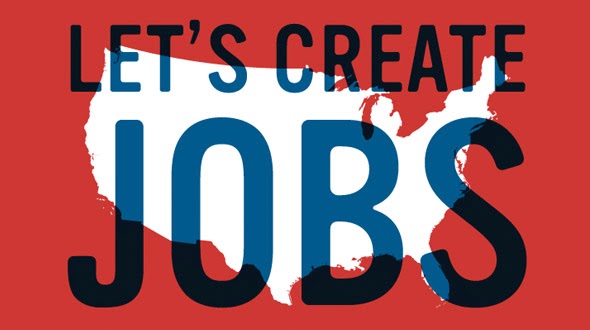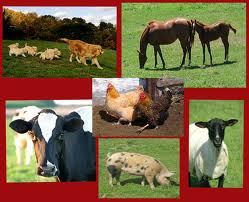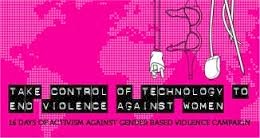Embrace Logic Document Management System: Timm

Lazarus Sauti The Managing Director for Logicode Mrs Helen Timm advices corporates to take advantage of a new and state of the art Document Management System to manage their documents electronically and improve the effectiveness of their businesses. Speaking during the launch of the effective Document Management in Harare recently, Timm urged corporates to embrace the Logicode Document Management Solution as it incorporates OMNIDOCS and OMNI SCAN. “This (OMNIDOCS) is an Enterprise Document Management platform for creating, capturing, delivering and archiving large volumes of documents and contents. It also integrates seamlessly with other enterprise applications,” she said. OMNIDOCS allows for easier handling of Scanned Document Images, Emails and Electronic Data Output from other applications with efficiency. It seamlessly collaborates, communicates and shares knowledge across and beyond the Enterprise. Timm also said, “With capabilities to efficiently handle enterp...









